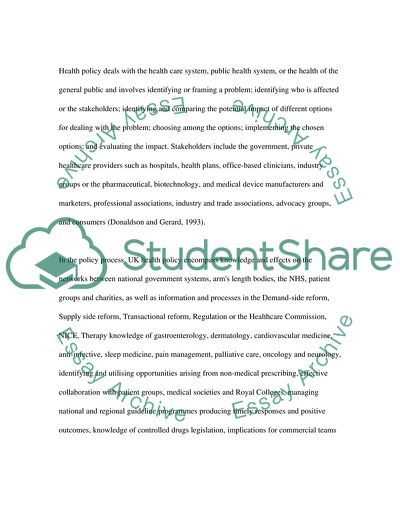Cite this document
(Health Policy Delivery in the United Kingdom Coursework, n.d.)
Health Policy Delivery in the United Kingdom Coursework. https://studentshare.org/politics/1708674-policy-delivery
Health Policy Delivery in the United Kingdom Coursework. https://studentshare.org/politics/1708674-policy-delivery
(Health Policy Delivery in the United Kingdom Coursework)
Health Policy Delivery in the United Kingdom Coursework. https://studentshare.org/politics/1708674-policy-delivery.
Health Policy Delivery in the United Kingdom Coursework. https://studentshare.org/politics/1708674-policy-delivery.
“Health Policy Delivery in the United Kingdom Coursework”. https://studentshare.org/politics/1708674-policy-delivery.


